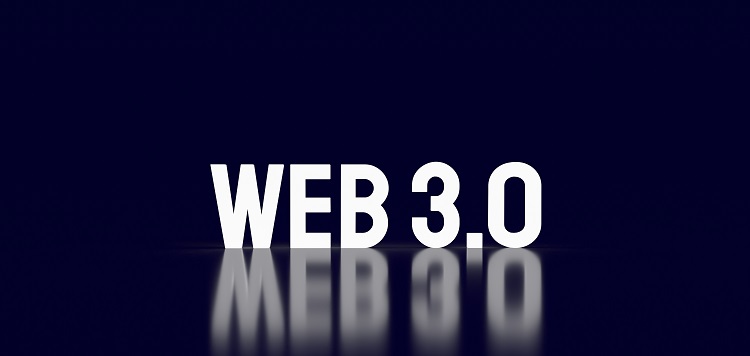The idea of democracy has been around for centuries, yet the majority of people today have a limited understanding of it. In modern times, only eligible members of society have the right to organize and participate in a democratic system. This limited understanding and eligibility criteria have resulted in the exclusion of certain individuals, leading to a sense of powerlessness and inequality. However, with the emergence of Web3 technology, there is hope for enhanced digital freedoms and autonomy.
Eligibility for Participation in Democratic Systems
In today’s world, only eligible members of society have the right to organize and participate in a democratic system. This means that certain populations, such as prisoners, non-citizens, and the economically disenfranchised, are excluded from the democratic process. The implications of this are significant, as decision-making power is concentrated among a select group of individuals, leaving out the voices and concerns of those who are excluded.
The role of business interests in the growth of information technology
The rapid growth of information technology (IT), from the earliest computers to the modern internet (Web2), has been driven by business interests. This has resulted in a focus on profit over people and has led to the exploitation of user data for commercial gain. The implications of business-driven technology development have raised concerns about privacy and the potential for a world in which the digital realm is controlled by a small group of powerful corporate entities.
Hope for a Privacy and Censorship-Free Internet through Blockchain Technology
Despite these concerns, not all hope is lost. The emergence of blockchain technology offers hope for privacy, data integrity, and a censorship-free internet. Blockchain technology is a decentralized ledger that is immutable, meaning that once data is stored on the blockchain, it is virtually impossible to alter. Additionally, the distributed architecture of the blockchain makes it difficult for any central entity to control or censor online content. These qualities make blockchain technology a powerful tool for enhancing digital freedoms and autonomy.
Power dynamics in the financial system
In the current financial system, financial institutions act as guarantors of transactions, granting them immense power. This centralization of power has led to a lack of transparency and accountability, resulting in numerous financial crises that have affected people all over the world.
Peer-to-peer Asset Transfer in the Web3 World
However, in the Web3 world (blockchain-based internet), asset transfers (cryptocurrencies, tokens, RWS, etc.) are peer-to-peer in structure, which eliminates the need for a central regulatory authority. This means that individuals can transfer funds without intermediaries such as banks, thus reducing transaction costs and increasing financial inclusion. The peer-to-peer structure of the Web3 world also enables greater transparency and accountability in financial transactions.
Digital property rights in the Web3 world
The Web3 world enables individuals to truly own their digital property. This is a significant departure from the current model, where user data is owned and monetized by large tech companies. In the Web3 world, individuals have greater control over their personal data, and they can sell or lease it as they see fit. This shift in ownership has the potential to empower individuals and redefine the relationship between users and technology companies.
Democratization of Investment in Web3 Companies
Another significant benefit of the Web3 world is the democratization of investment in Web3 companies (DAOs). Anyone can buy shares of Web3 companies, receive dividends, and sell them without approval from central authorities. This creates a more level playing field for investors and reduces the concentration of wealth among a small group of individuals.
Distributed architecture and access to data
The Web3 world has a distributed architecture that makes it impossible to block or limit access to data. This leads to greater transparency and accountability, as information cannot be monopolized by a select group of individuals or corporations. This feature of the Web3 world has significant implications for data ownership and access.
In this digital age, Web3 emerges as a powerful tool that aligns with the ideals of liberalism, providing a pathway towards enhanced digital freedoms and autonomy. The Web3 world has the potential to democratize finance, empower individuals, and eliminate centralized control over online content. However, as with any technological advancement, there are potential risks and challenges that must be addressed. It is essential that we understand the implications of Web3 technology and work towards creating an inclusive and equitable digital society.

